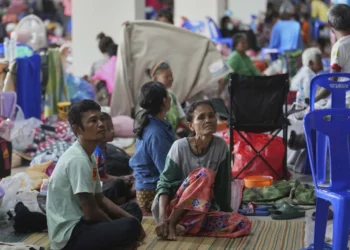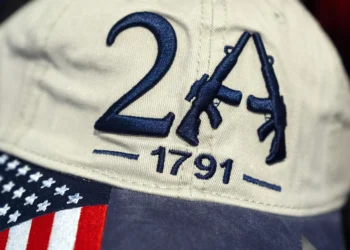We’ve all had times in our lives when we have been hurt or offended by others. Whether it was our parents/lack of parents, friends, relatives — the possibilities are endless. It’s a fact: Hurting people hurt other people. That being said, it doesn’t lessen the emotional pain we experience because of it.
We’re told to just forgive and forget. Is that even possible? I’m not a healthcare professional, but I’m going to go out on a limb and say, “No!” Let me explain why.
I grew up in a dysfunctional home. While my real father, an alcoholic, left when I was four, my mother remained an alcoholic even after remarrying.
After my stepfather would leave after dinner for his second job, my mother would begin drinking. Not that he didn’t know his wife was drinking; it just wasn’t worth the conflict if he mentioned it. In other words, pretend there’s nothing wrong — what we now call “enabling.”
My mother was verbally abusive to us when she drank. For some reason, I reminded my mother of my real father who abandoned us. For years she told me I’d be just like him: a loser and a failure.
As a boy, part of me recognized it was the alcohol talking, but as time passed, the message of failure was imprinted in my brain. At 17, my brother and I joined the Marine Corps. It would be years before I recognized why I joined. I wanted to prove to her that I was not my father. Yet, no matter the awards, citations, or recognition by others, inside I knew I was a loser. It would only be a matter of time until I was exposed. That day eventually arrived.
Later in life, we had several homes for young adults battling life-controlling addictions. Our women’s home in Omaha, Nebraska, was a beautiful old mansion. In 1984 it was full — 15 ladies in the program and three staff members.
I was out of town on a ministry trip one day when I felt strongly that I should return home. The next morning, I was awakened by a phone call from a staffer’s wife. She said there had been a fire in our women’s home, but everyone was okay. I quickly drove there thinking it was an electrical short or something minor.
When I arrived, the firemen were still trying to put out the fire as all the girls and staff stood watching. I was then told a young woman in our program was dead! I turned and saw a body by the back door, covered with a sheet. The fire chief said they believed the gas stove in our kitchen had exploded and killed the “person” whose body they found. I felt like I had been hit with a sledgehammer in my heart. I had acquired the stove from a deli.
As I stood watching our “dream” going up in smoke, I heard a voice behind me say, “You will never do anything for the Kingdom of God because you’re a failure!” I turned around, but there was no one there. I felt like a failure; it was my fault she was dead.
Later I learned this young lady, overwhelmed by her own pain and rejection, decided to take her life by pouring gasoline over her and setting herself on fire. It didn’t lessen the pain, but I realized it wasn’t because of me that she died. It didn’t make the loss any less traumatic, but it started the long journey of recognizing the unforgiveness I had in my own heart all the way back to childhood. The Lord took me on the path of forgiving those who had hurt me along life’s journey.
Here’s the point. I still remember those things that happened growing up and throughout my life. But because God gave me the grace to forgive, the pain once associated with those memories is gone. The testimony is God’s story in my life. We can’t forget, but forgiveness takes away the pain.
Something to pray about.
Semper Fidelis















